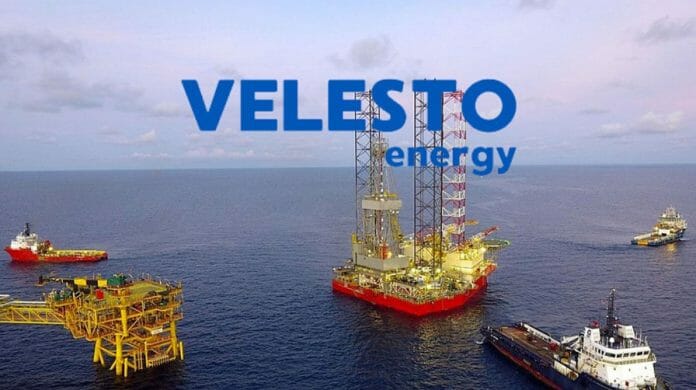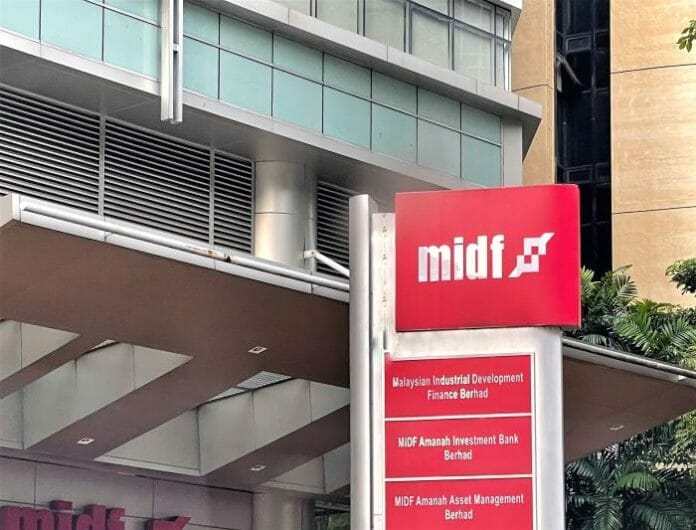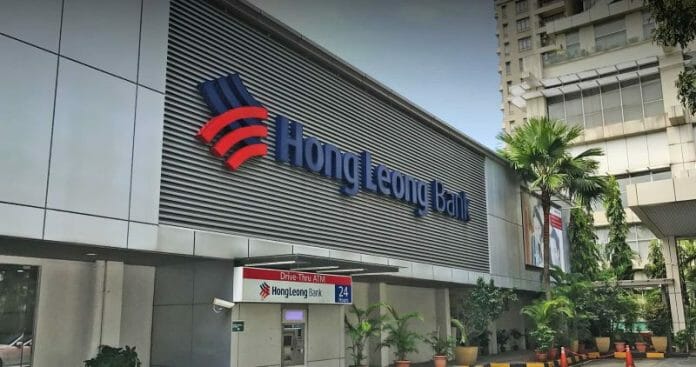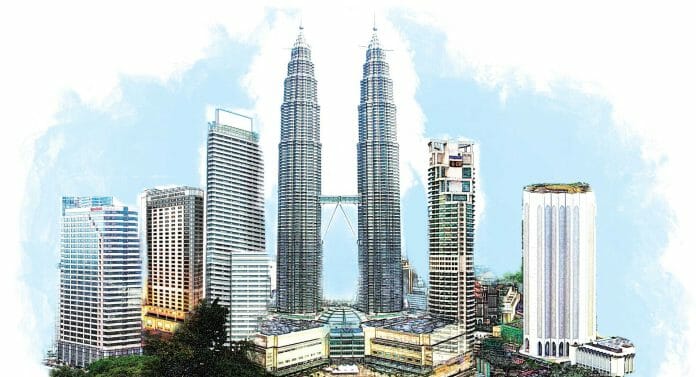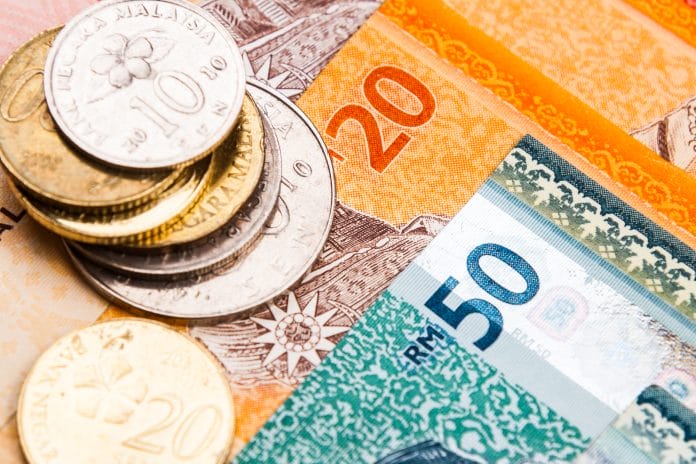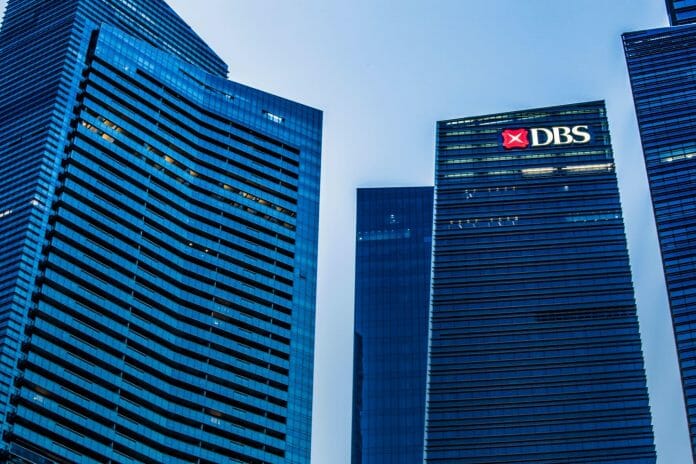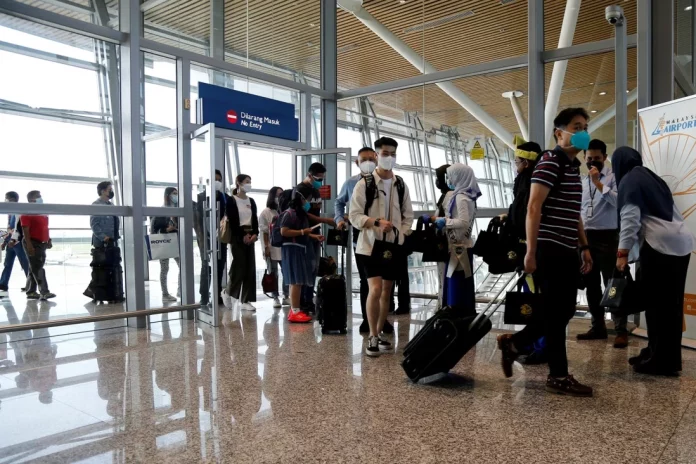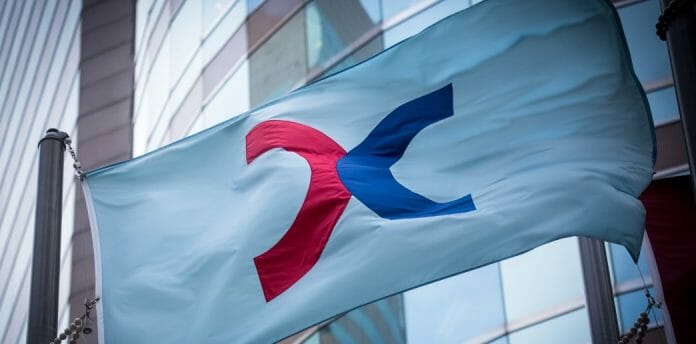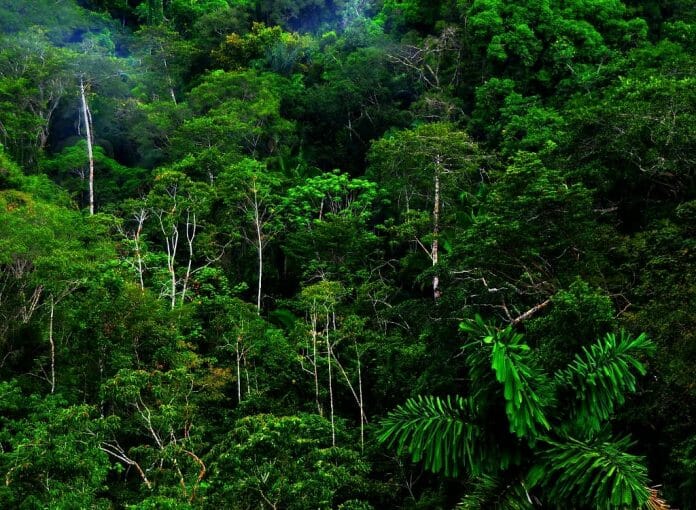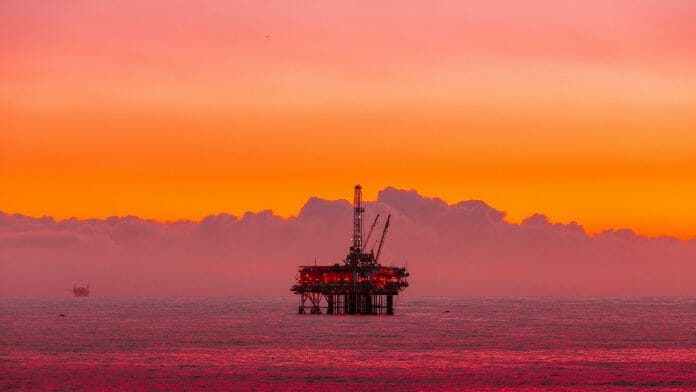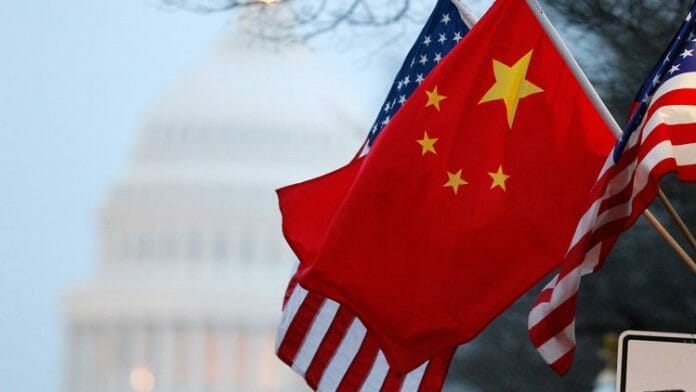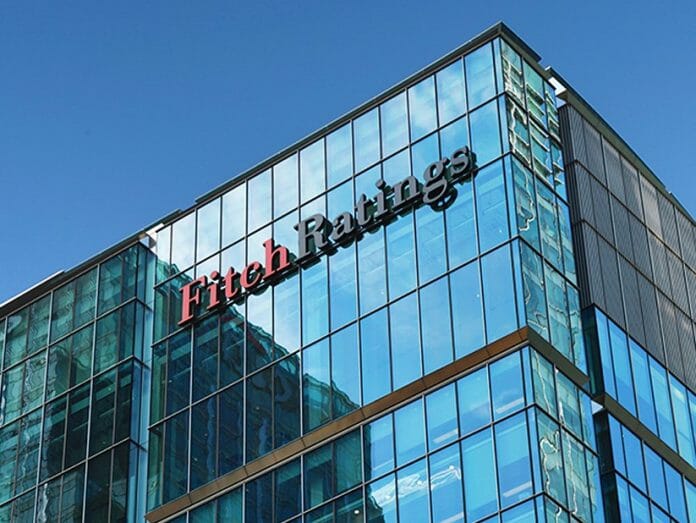Velesto Energy Bhd is expected to deliver strong results in 4Q23F and 1Q24F as its utilisation rates to rise above 90%, CGS-CIMB said.
Consequently, the research house reiterated ADD rating, with a higher end-CY24F discounted cash flow (DCF)-target price (TP) of 29 sen, with cost of equity (Ke) of 11.2%.
In its Company Note today (Feb 8) said that drilling activity in the Middle East is very active in January 2024.
According to data consultancy Riglogix, global jack-up (JU) drilling rig market remains red hot, with worldwide utilisation at 85% in January 2024, and average daily charter rates (DCR) rising 26% from the 2022 average to US$91,000 per day last month.
“The strength in JU demand has been driven by the frenetic drilling activity in the Middle East, Indian subcontinent, and the Far East.
“This drew JU rigs away from Southeast Asia (SEA), which pushed up the SE Asian JU rig utilisation rate to 91% in Jan 2024, and raised the average daily charter rate (DCR) in SEA to US$103,000 per day, higher than even the Middle East average DCR.
“The highest DCRs in SEA have been signed by Borr Drilling, at US$150k,000 per day to US$170,000 per day,” it said.
CGS-CIMB said it expects oil and gas services provider to deliver core net profit of RM23 million in fourth quarter of financial year 2023 (4Q23F), which will be released on Feb 27.
“This will be the strongest quarterly performance in four years, as utilisation rates rose to 92%, and DCRs may average US$95,000 per day against 4Q22’s US$78,000 per day.
“Its strong performance will likely continue into 1Q24F, as we estimate its utilisation to reach 98%. Velesto guided recently for FY24F utilisation at 80 to 85%, against an estimated 83% for FY23F.
“For now, we have pencilled in a top-down assumption of 80% utilisation; anything above that will be a bonus, in our view,” it said.
The stockbroking firm said Velesto has so far only secured utilisation of up to 63% for FY24F but it could exceed 90% in 4Q23F and 1Q24F.
“We are confident that the group will be able to achieve its 80 to 85% guidance because domestic clients have already booked the Naga 2 and Naga 4 for additional drilling work in Malaysia.”
The announcement of the precise job details to be made only after the new two-year umbrella contract is firmed up.
It added: “Velesto is also negotiating additional work for the Naga 5 in Malaysia or in SEA.”
CGS-CIMB said another potential re-rating catalyst is for Velesto to announce a more lucrative umbrella contract soon.
“We are forecasting average DCRs of US$112,000 per day in FY24F, and US$131,000 per day in FY25F, up from US$90,000 per day in FY23F.
“These rate increases are possible because we believe Velesto has most likely renegotiated its two-year umbrella contract with Petronas Carigali effective 7 Feb 2024. We are waiting for an official Bursa announcement from the group,” it said.
It added potential rerating catalysts include strong 4Q23F and 1Q24F net profits, and the start of a new two-year umbrella contract from Feb 2024F at a higher DCR of US$130,000 per day, which is up from US$105,000 per day last year, according to its estimation.
“Downside risks include continued increases in costs, and for the umbrella contract DCR to come in at the lower end of Velesto’s US$125,000 per day to US$135,000 per day guidance.
“A material decline in oil prices, and the strategic reduction in offshore capex spending could also impact Velesto’s future prospects for earnings growth,” it added.


